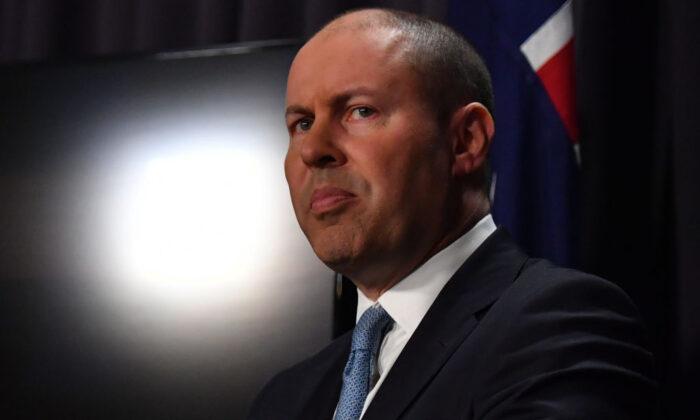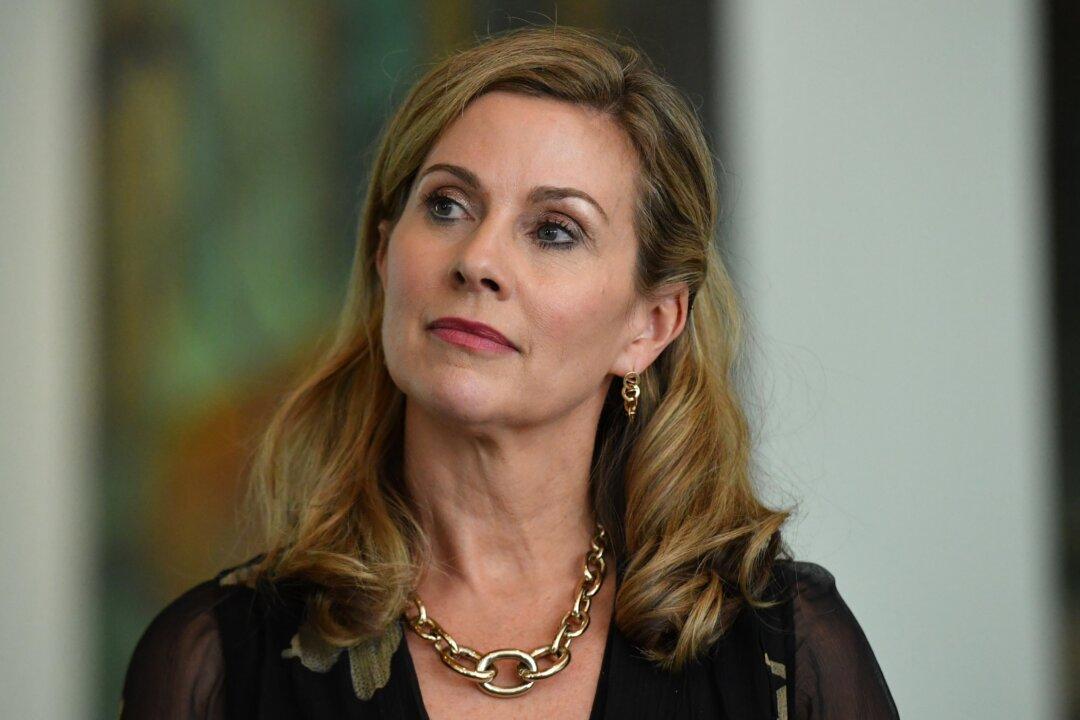Australian Treasurer Josh Frydenberg has met with regulators over the need for plans to address the ballooning levels of household debt.
Last Friday, Frydenberg spoke about the current state of the housing market with the Council of Financial Regulators, chaired by the Reserve Bank of Australia (RBA) governor Philip Lowe and which members include the Australian Prudential Regulation Authority (APRA), Australian Securities and Investments Commission (ASIC), and Treasury.
No immediate decision to crackdown lending was made despite the mounting concerns for high-debt home loans.
Sustained record low-interest rates have contributed to a strong growing housing market driven by owner-occupiers rather than investors.
“We must be mindful of the balance between credit and income growth to prevent the build-up of future risks in the financial system,” he said.
Borrowers of high debt-to-income loans are at greater risk of experiencing a shock once interest rates are lifted, or other economic situations occur.
“Carefully targeted and timely adjustments are sometimes necessary,” Frydenberg said. “There are a range of tools available to APRA to deliver this outcome.”

Frydenberg’s comments come after the International Monetary Fund (IMF) raised concerns about housing affordability and the financial stability of Australian households.
“Options include increasing interest serviceability buffers and instituting portfolio restrictions on debt-to-income and loan-to-value ratios.”
Commonwealth Bank CEO Matt Comyn echoed the warnings of the IMF, telling the House Committee on Economics on Sept. 23 that while he was not concerned about the current state of the market, regulatory action should be taken.
“We think it would be important to take some modest steps sooner rather than later to take some of the heat out of the housing market.”
The RBA has also firmly maintained its stance on retaining current record-low interest rates to support the rest of the economy on its road to post-COVID-19 recovery.





